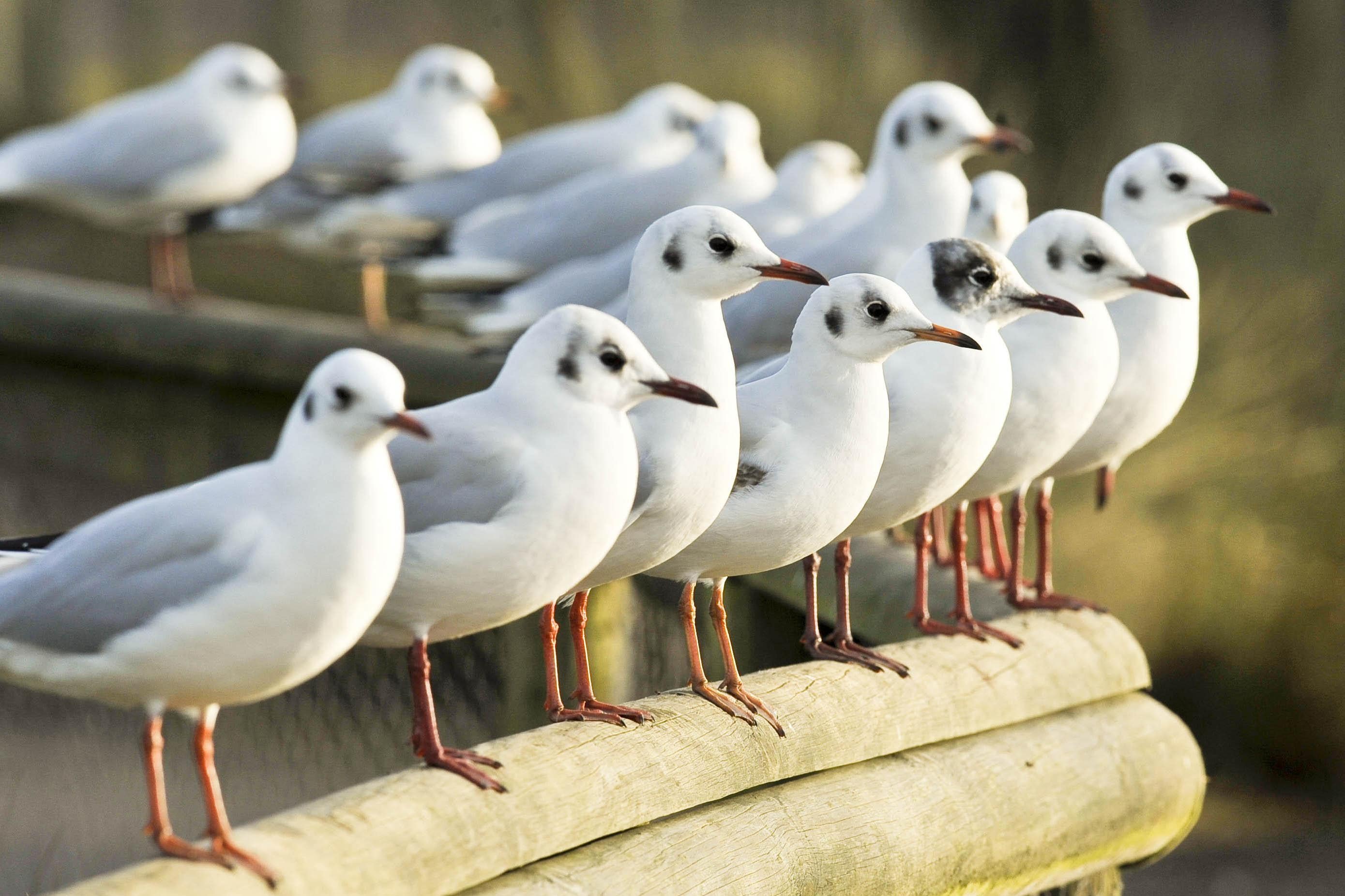Charity demands urgent response plan to protect wild birds from avian influenza
The RSPB NI said it has had an outbreak at its Window On Wildlife Reserve in Belfast Lough.

Your support helps us to tell the story
From reproductive rights to climate change to Big Tech, The Independent is on the ground when the story is developing. Whether it's investigating the financials of Elon Musk's pro-Trump PAC or producing our latest documentary, 'The A Word', which shines a light on the American women fighting for reproductive rights, we know how important it is to parse out the facts from the messaging.
At such a critical moment in US history, we need reporters on the ground. Your donation allows us to keep sending journalists to speak to both sides of the story.
The Independent is trusted by Americans across the entire political spectrum. And unlike many other quality news outlets, we choose not to lock Americans out of our reporting and analysis with paywalls. We believe quality journalism should be available to everyone, paid for by those who can afford it.
Your support makes all the difference.There has been a call for urgent action to protect wild birds in Northern Ireland from avian influenza.
The RSPB NI is speaking out following an outbreak among black-headed gulls at its Window On Wildlife Reserve in Belfast Harbour.
As a precautionary measure, the reserve has been closed until further notice.
The wildlife charity has called for the Northern Ireland Environment Agency (NIEA) to put in place a wild bird response plan as soon as possible to minimise the impact of Avian Influenza on wild bird populations.
Anne-Marie McDevitt, Head of Species for RSPB NI, said the recent outbreak, coming in the middle of nesting season, is killing adult birds and chicks.
“Highly pathogenic avian flu, also known as bird flu, is a horrible disease.
“It causes breathing problems, tremors, diarrhoea and ultimately death in the affected species, and is really distressing to see,” she said.
“As this recent outbreak is happening in the middle of the nesting season, it is killing both adults and chicks.
“Wildlife is already under a huge amount of pressure from habitat destruction, climate change and things like overfishing, and now we have diseases like Highly Pathogenic Avian Influenza, originating from intensive poultry farming in Asia, adding even more pressure.”
The RSPB said Northern Ireland is the only country in the UK that does not have a wild bird response plan for avian flu, despite environmental non-governmental organisations (eNGOs) requesting one for over a year.
They have urged the NIEA to invite key organisations, including the Department of Agriculture, Environment and Rural Affairs (Daera), the Public Health Agency and other eNGOs to develop a wild bird response plan.
They said the plan will need to be robust, covering everything from carcass collection and testing, biosecurity measures, messaging and advice, through to minimising disturbance during outbreaks and understanding more about the interfaces between wild and domestic birds.
Ms McDevitt added: “As well as a wild bird response plan, we need government to invest over the long-term.
“Out of 240 countries in the world, Northern Ireland is 12th from the bottom in terms of how much of our nature is left.
“We need a dedicated Seabird Conservation Strategy and robust climate, marine and agriculture policies that will help deliver for nature and climate, to restore our wildlife, and ensure that it is more resilient to threats such as HPAI.”
Responding, a spokesperson for Daera said: “NIEA recognise the impact that HPAI (avian flu) is having on wild bird populations.
“NIEA have arranged a meeting with stakeholders tomorrow morning (June 9) to provide an update on this fast-moving situation and discuss the actions which are needed to respond.”